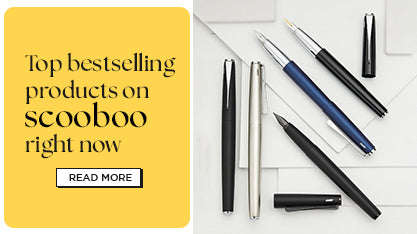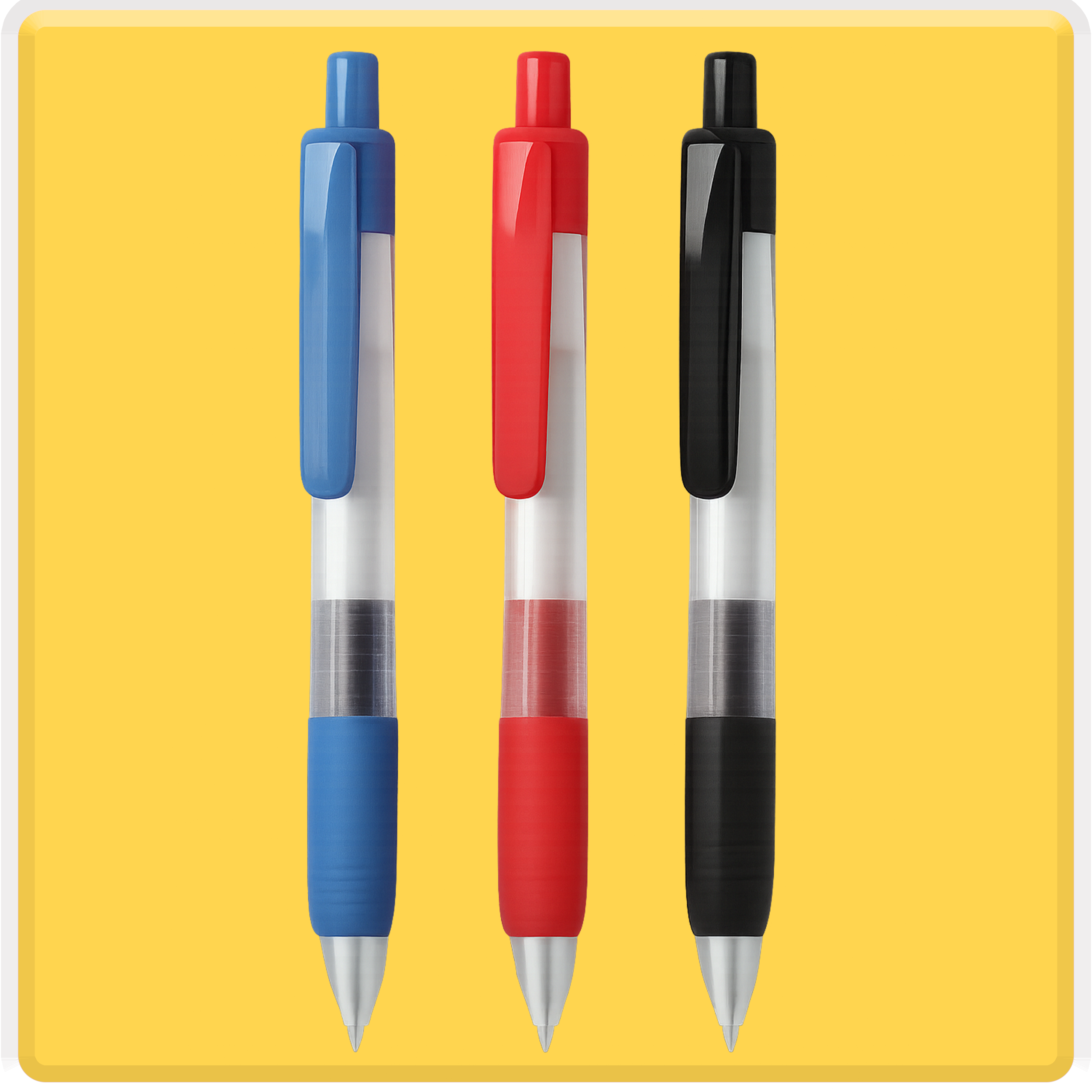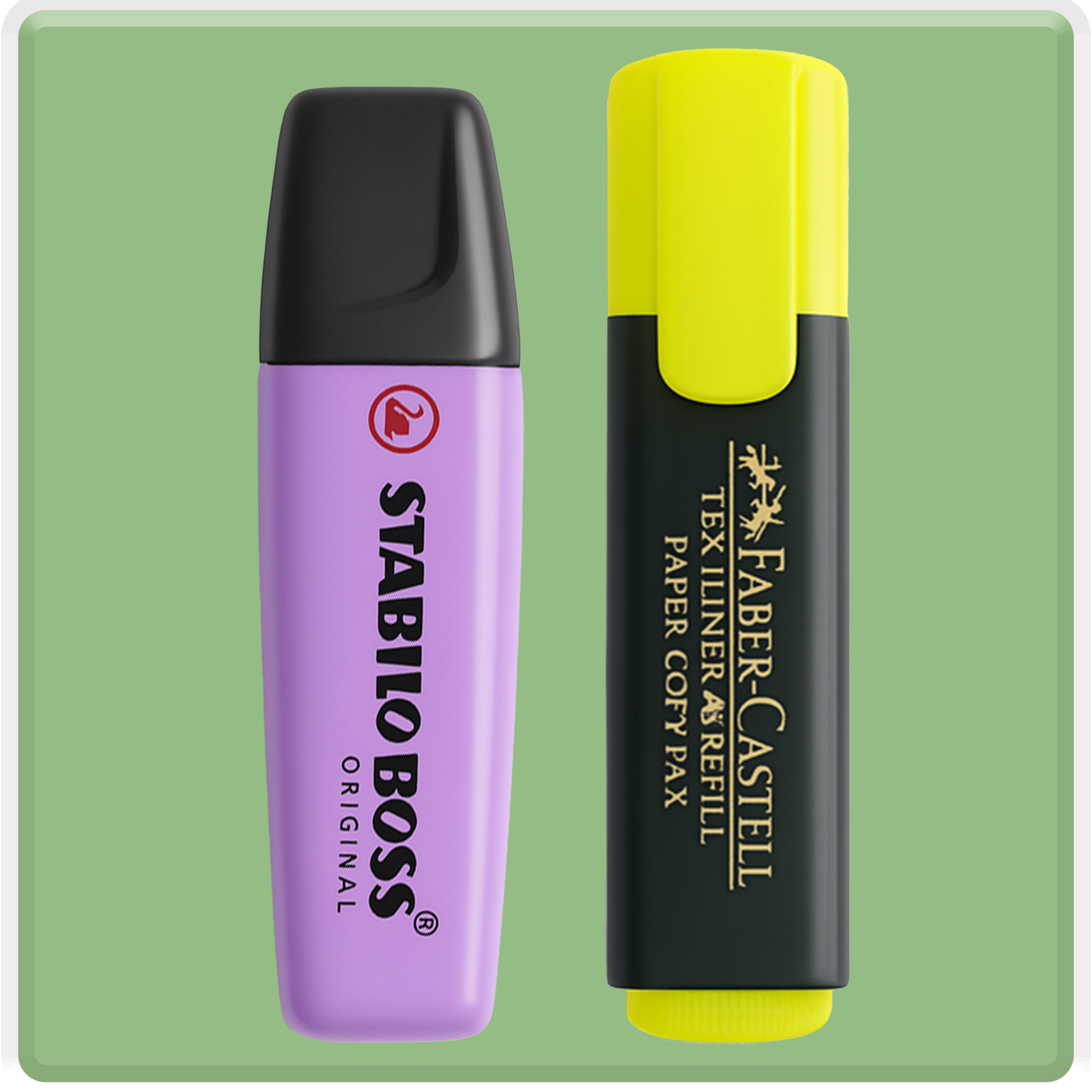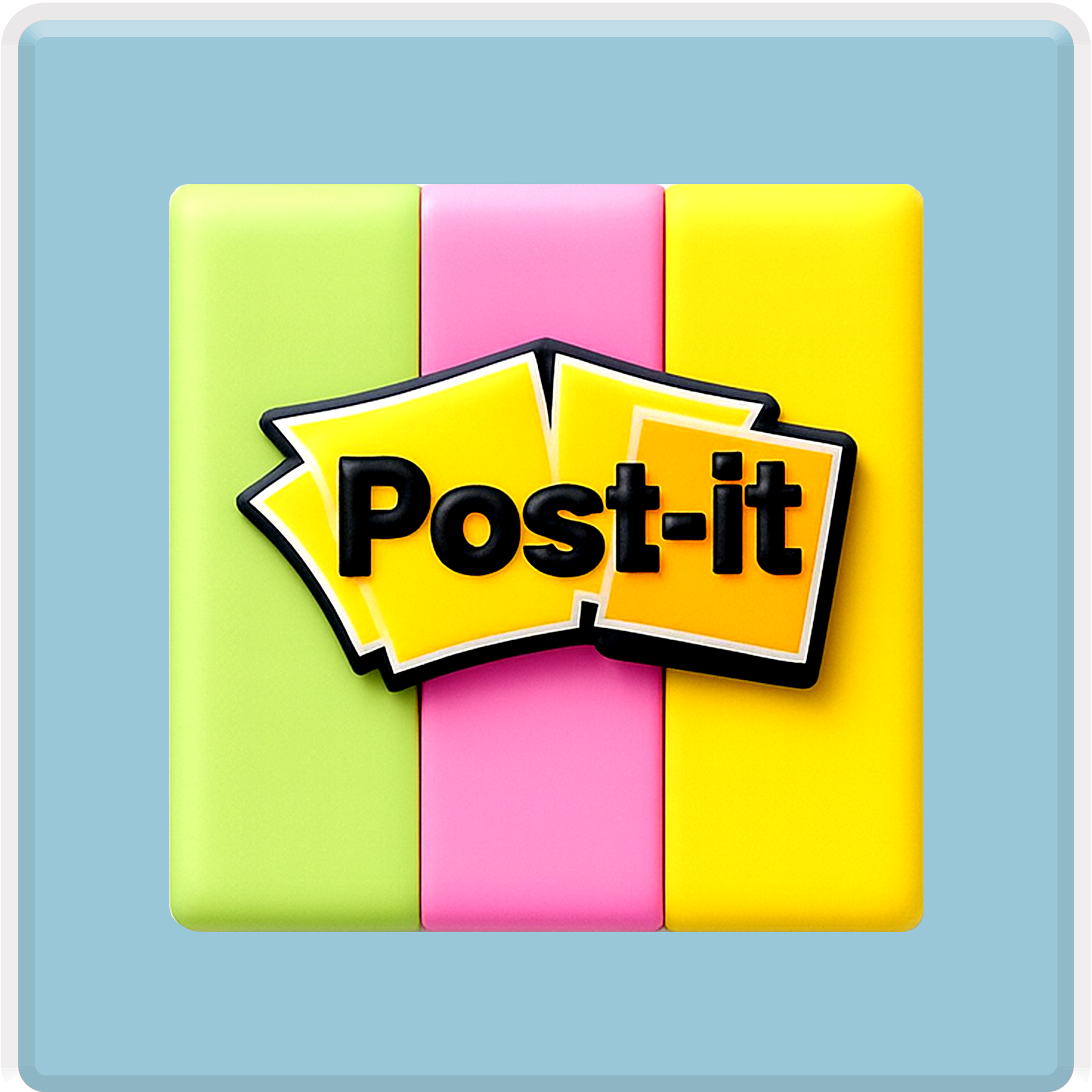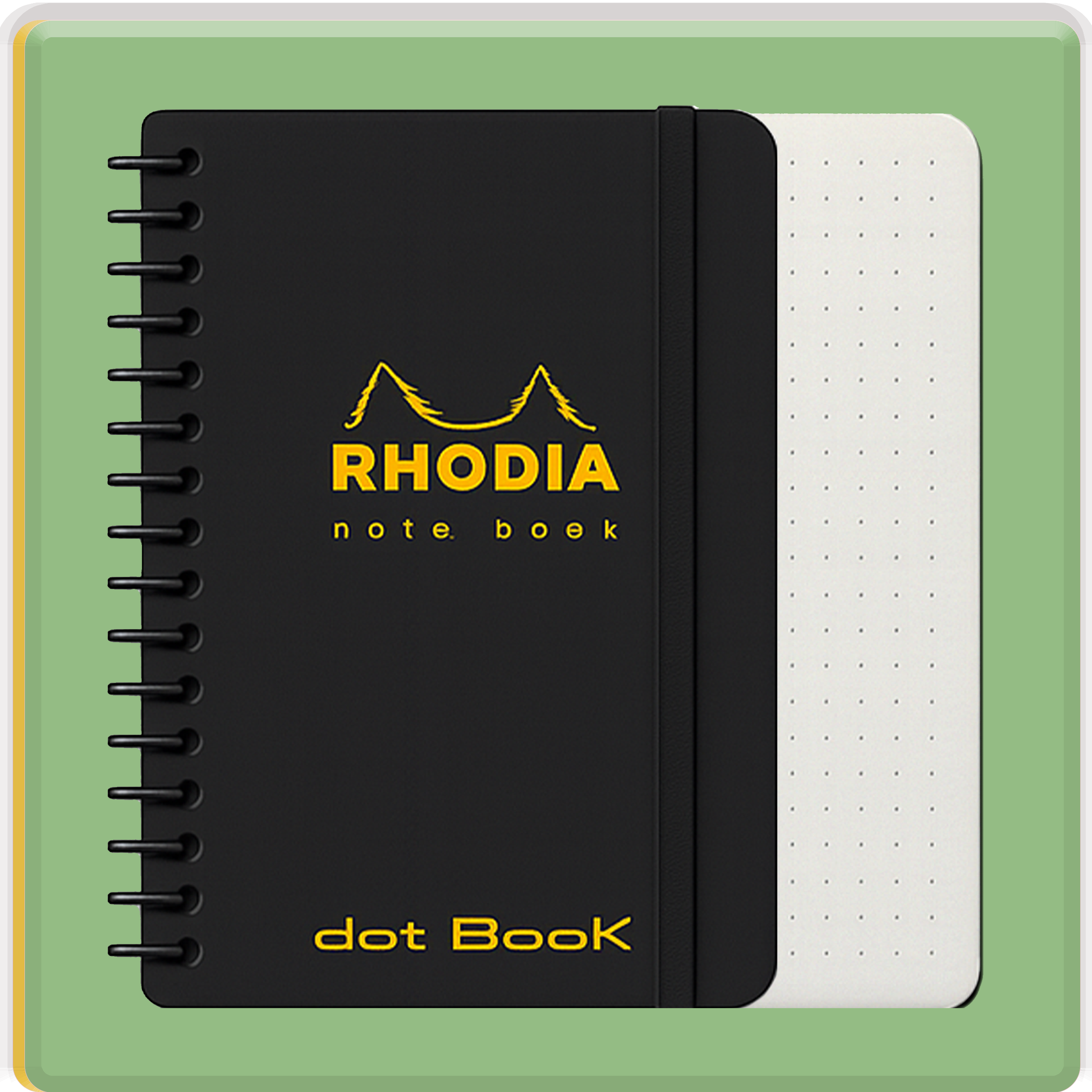While we all have a lot on our minds these days, beginning to develop a journaling habit can help you find time in your day to collect your thoughts, reflect on the recent past, and establish the foundation for future success.
At Scooboo we believe that Journaling can provide you with the know-how to organise and digest the numerous (and sometimes competing) information.
The messages, and priorities that fill our inboxes, feeds, tweets, and displays in our increasingly digital environment. Regular journaling has also been shown to help lower anxiety and even process traumatic events, according to a study.
Getting started is easy

What you must know You'll need. A journal to get started with your journaling habit. (People, take baby steps.)
As the popularity of journaling has grown, so has the number of diaries available to you.
A simple search for planners/journals at Scooboo. It turns up a few options, including Zafiro, HARPER COLLINS, ODD GIRAFFE, Kaco Buckle Planner to name a few.
These offer you high-quality journals with solid, frequently leather-bound edges and sturdy paper in a range of layouts, such as dot-grid, lined, or blank pages.
Simply choose something that feels suitable for you and your needs, as well as something that you'll like picking up every day.
Identifying your objectives

Your journal and its purposes are an open book when you first start out (literally). As a result, figuring out exactly what you want to receive out of your journaling practise can be beneficial.
Do you want to better plan your day and keep track of your weekly and monthly priorities in one place? Or, as part of your creative practice, do you want to create an area where you can collect your ideas at the start and end of each day?
Are you working toward a big goal or managing a big project and need a place to track your progress and maintain accountability? Or a combination of the two?
All of these needs can be met by journaling, but it's a good idea to set some goals for yourself before you start, and then construct a habit and system around them.
Examining various systems and prompts

There's been a similar explosion of ideologies about how to journal, just as there's been an explosion of journal items available. While there is no one-size-fits-all solution or method, how you journal will most likely be determined by your goals (as previously stated).
The Bullet Journal Method offers a coding system and general principles for your journal. It encourages users to modify, create, and share their own systems with fellow Bullet Journal devotees.
It is a popular system if you're looking to better organise your life and prioritise your priorities.
Using your journal to investigate specific prompts as a tool to produce ideas, process emotion, and spark goals is a more open-ended approach.
Establishing a routine

The beauty of journaling is that it can be done anywhere and at any time. However, those same attributes can be a barrier to getting started. So, it's a good idea to establish a routine.
If your mind races as soon as you walk into your office, take 15 minutes to sit down with a cup of coffee or tea and investigate a prompt or scribble down your agenda, goals, and hopes for the day (rather than just diving headfirst into the chaos of your inbox).
Another great strategy is to set aside time at the end of the day to write down victories, new ideas, and objectives for the next day. These routines can help punctuate the beginning and conclusion of the workday, which has become increasingly difficult as more of us work from home.
But, no matter what kind of regimen works best for you, make an effort to stick to it every day. Otherwise, your lovely diary will become another annoyance on your already overburdened desk.
Conclusion
Journaling, in whatever form, is a stress-relieving pastime that will be incorporated into your daily routine.
So, let's get this adventure started with Scooboo.
After a year, reflect on how it has changed you and return to this blog to share your experiences.




